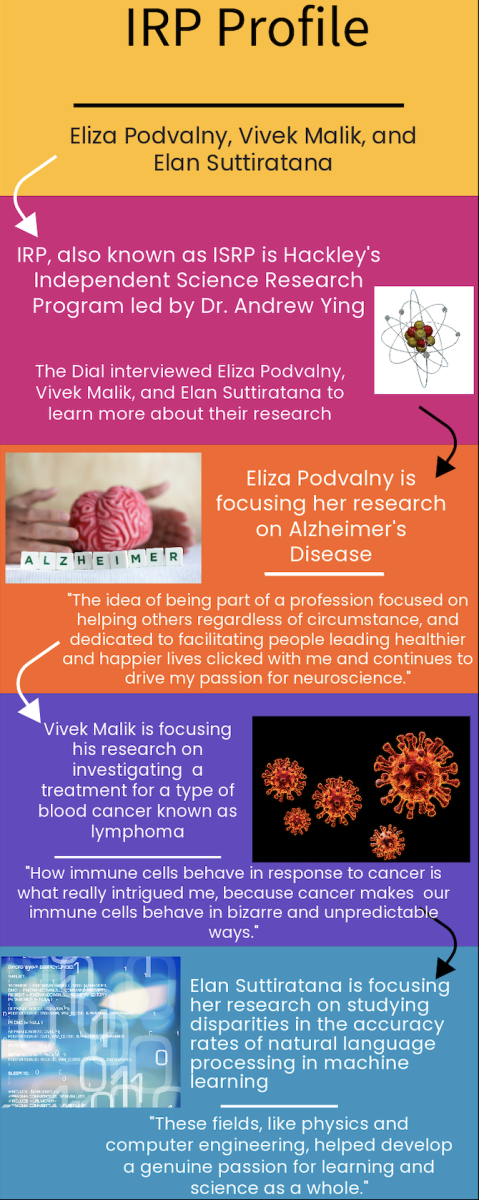
Vitamins are an essential part of staying healthy, crucial to the way our bodies are able to function. However, many people don’t consume enough of the most important vitamins per day, which can lead to deficiencies and a multitude of health problems. Sophomore Sarah Cherry says, “I take gummy vitamins because it’s hard to get everything you need every day. I was low in Vitamin D, but now I don’t have to worry it.” Aside from supplements, there are tons of foods chock-full of vitamins readily available in most supermarkets and even the Hackley cafeteria.
Vitamin A, commonly found in sweet potatoes, cooked carrots, sliced cantaloupe, sweet red peppers, and dark leafy greens, is one essential vitamin that works wonders to improve health. It boosts the immune systems to help fend off diseases, improves vision, cuts risk of heart disease, and slows the aging of skin. Most of the foods listed exceed the recommended value of around 9,500 International Units (IU), so a supplement most likely is not needed.
Vitamin B, a vitamin that helps to maintain metabolism, increase muscle tone, and improve cognitive function, is often consumed by athletes working to increase fitness. The health benefits of Vitamin B are not just necessary for sports, they are imperative to overall health as well. It can be found in common foods such as bananas, potatoes, chicken, salmon, and whole grain bread. Most individuals can get the recommended 400 micrograms (mcg) in bowl of fortified cereal.
Vitamin C is another easily found vitamin; just one orange is packed with nearly all of the recommended daily dose of around 75 milligrams (mg). Foods rich in Vitamin C such as broccoli, bell red peppers, kale, brussel sprouts, and payapaya can help boost the immune system, heal wounds faster, and stop skin damage.
Vitamin D is often dubbed the “miracle vitamin” for its numerous and impressive health benefits. Reducing the risk of breast cancer by as much as 50 percent, playing a central role in muscle function by helping calcium absorb, and offering protection from both ovarian cancer and diabetes as just a few of Vitamin D’s positives. Although milk, orange juice, fortified tofu, oysters, and salmon do contain minimal amounts of Vitamin D, the majority of people are unable to consume enough by simply eating them. Supplements can help provide the recommended daily 600 IU.
Iron is not technically a vitamin, but rather a mineral vital to our health and well-being. Consuming iron prevents anemia, which can lead to weakness, shortage of breath, headaches, irritability and heart problems. Good sources of iron are red meat, dark, leafy greens, dried fruit, lentils, chick peas, and soybeans. It is recommended to consult a doctor to see if iron supplements are necessary depending on whether or not you consume the recommended 40 mg per day.
We have all seen the “Got Milk?” signs around at some point, urging us to trade in sugary drinks for a Calcium filled alternative. Calcium maintains bone density and strength, builds strong teeth, and nourishes your nervous system. Although those signs may have pushed us to grab that extra glass of milk, it most likely didn’t contain nearly enough calcium for the day. A supplement can help achieve the recommended 40 mg per day intake. In addition, yogurt, milk, cheese, sardines, and dark, leafy greens also contain Calcium to help fortify and nourish your body.






